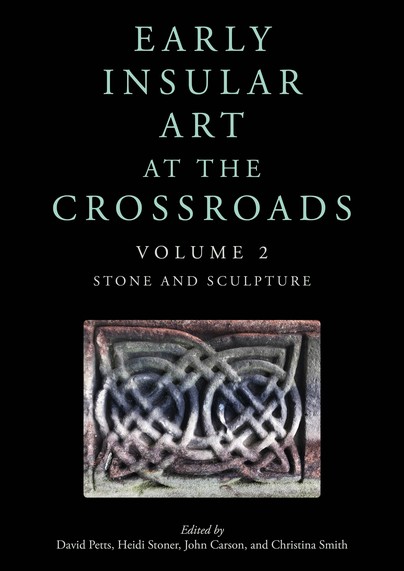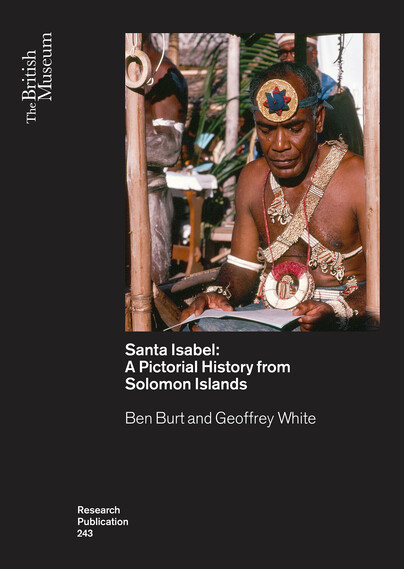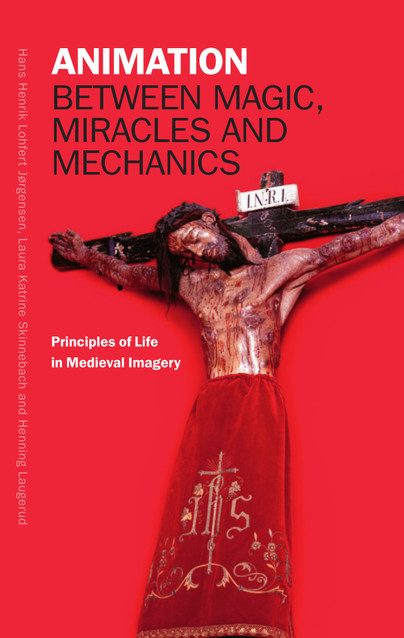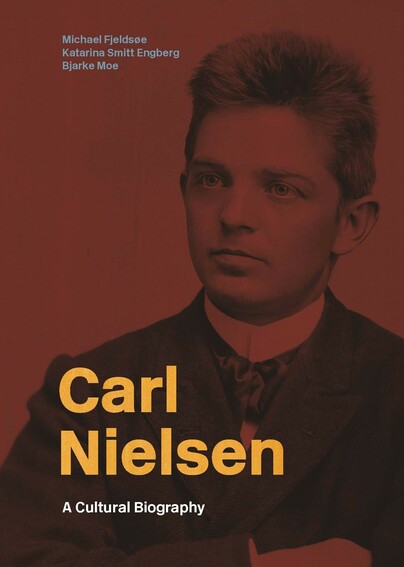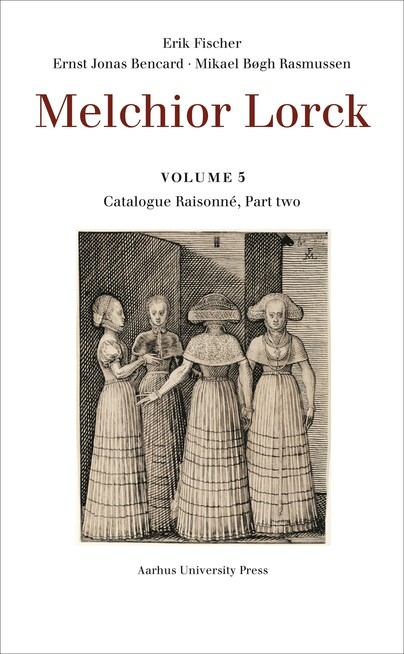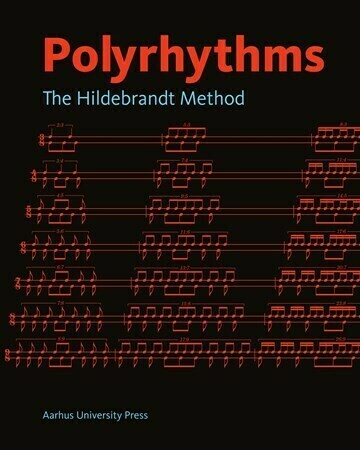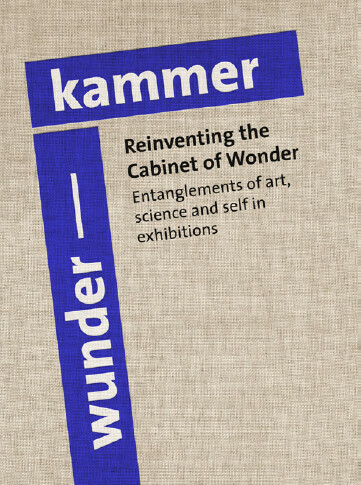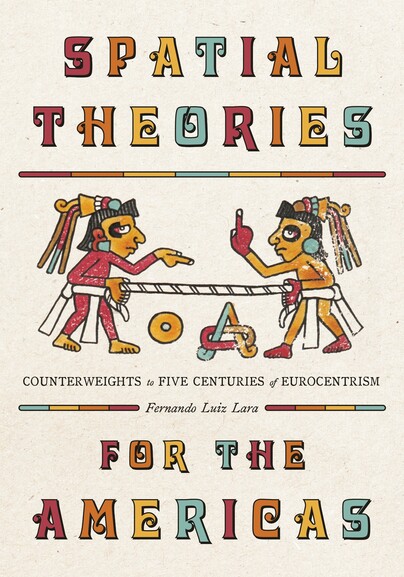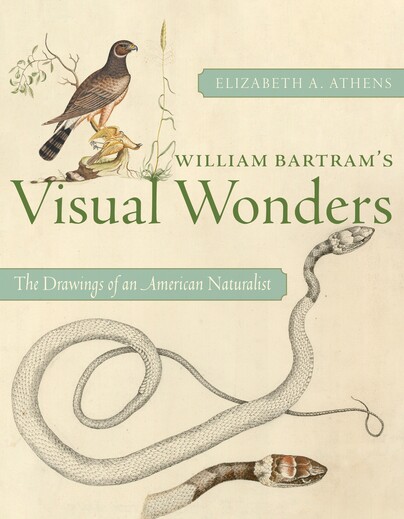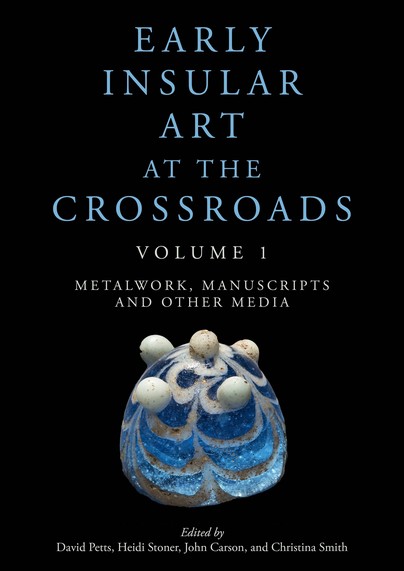
Format: Paperback
Pages: 304
ISBN: 9798888571064
Pub Date: 01 Jun 2025
Imprint: Oxbow Books
Illustrations: 120 B/W and colour illustrations
Description:
This volume comprises published papers from the Ninth International Insular Art Conference held in Durham in 2022. It brings together the latest scholarship on early medieval (AD 400–1100) art in Britain, Ireland and beyond. Perspectives taken include classical art historical analysis of form, style and design, but also a close attention to the materials used and the complex process of production and artisan skill required to create these objects.


